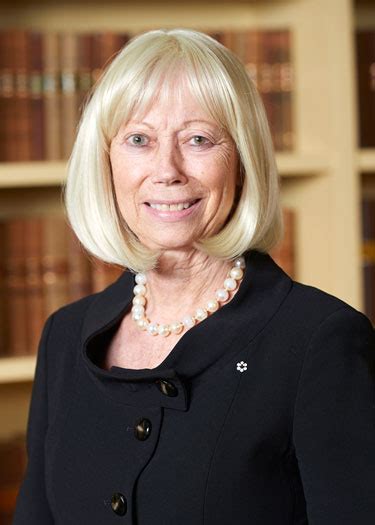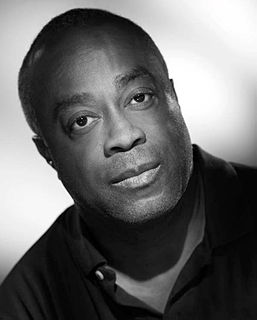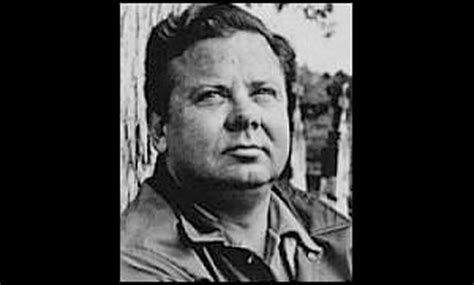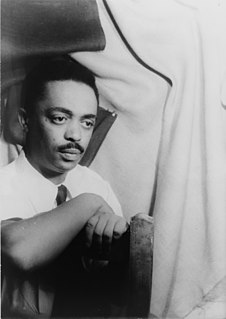A Quote by Donna Brazile
When I was growing up, our nation was partitioned: Blacks were segregated by law in the South and largely by custom in the North, though it, too, had segregation laws. Our best universities had quota systems. Many white communities had real estate covenants to keep nonwhites out.
Related Quotes
I found Viola Desmond was the first woman whose case was taken up in the courts, and it wasn't that she tried to sue them for throwing her out of the theatre; it was that they took the law and used it to arrest her. That was really shocking to me. We had no laws in Canada actually requiring segregation, like they did in the United States. But here we had people using the law - the amusements tax act - to enforce segregation, and our courts allowed them to do that.
Coming from the South and growing up in L.A. where it was so segregated - worse than the South in many ways - all the people in my neighborhood were from the South. So you had that Southern cultured environment. The church was very important. And there were these folk ways that were there. I was always fascinated by these Southern stories, people would share these mystified experiences of the South. I wanted to talk about folklore.
My mother's people, the people who captured my imagination when I was growing up, were of the Deep South - emotional, changeable, touched with charisma and given to histrionic flourishes. They were courageous under tension and unexpectedly tough beneath their wild eccentricities, for they had and unusually close working agreement with God. They also had an unusually high quota of bullshit.
I wasn't thinking about history. I was thinking about how we were going to end segregation at lunch counters in Atlanta, Georgia.We would have never thought about making history, we just thought: Here is our chance to get out our sense of rejection at this kind of racial discrimination. I don't know that there was a time that anybody growing up in the South wasn't enraged about being segregated and being discriminated against.
For me, personally, life in South Africa had come to an end. I had been lucky in some of the whites I had met. Meeting them had made a straight 'all-blacks-are-good, all-whites-are-bad' attitude impossible. But I had reached a point where the gestures of even my friends among the whites were suspect, so I had to go or be forever lost.
Have you noticed that only in time of illness or disaster or death are people real? I remember at the time of the wreck-- people were so kind and helpful and solid. Everyone pretended that our lives until that moment had been every bit as real as the moment itself and that the future must be real too, when the truth was that our reality had been purchased only by Lyell's death. In another hour or so we had all faded out again and gone our dim ways.
I grew up in a very religious family and it is the motivating force to every thing I do. I am fortunate to have had adults all around me who really lived their faith, in helping other people and doing the best you can do. The world wasn't so wonderful back then, with segregated rule in the South. But we were never hopeless and we never despaired because we had adults out there struggling with us, being there for us, and buffering us.
We have heard all of our lives how, after the Civil War was over, the South went back to straighten itself out and make a living again. It was for many years a voiceless part of the government. The balance of power moved away from it--to the north and the east. The problems of the north and the east became the big problem of the country and nobody paid much attention to the economic unbalance the South had left as its only choice.
The American experiment, the United States in the past eight years [2008-2016] was not considered worthy of leading, because we had committed too many transgressions. We didn't have the moral authority to lead anybody because we had too many injustices in our past and too many discriminations and too many thises and thats and so forth. We were not worthy of leading, and we had been leading for too long in all the wrong directions. It was really, I think, despicable.

































